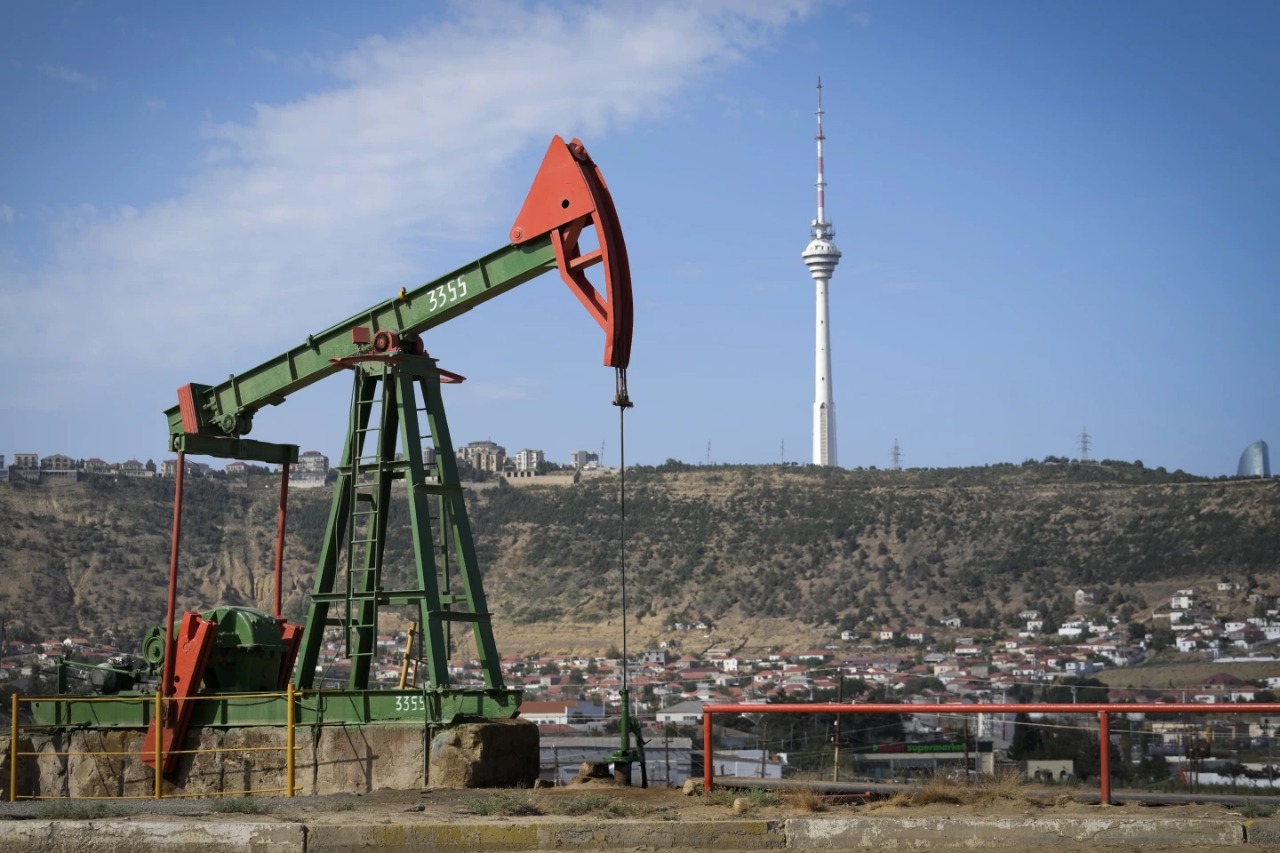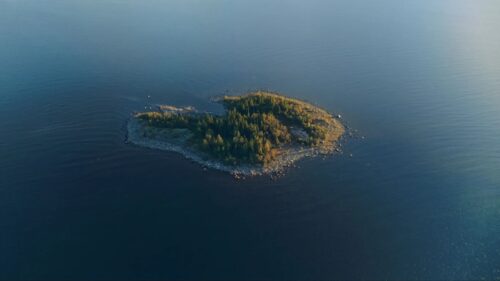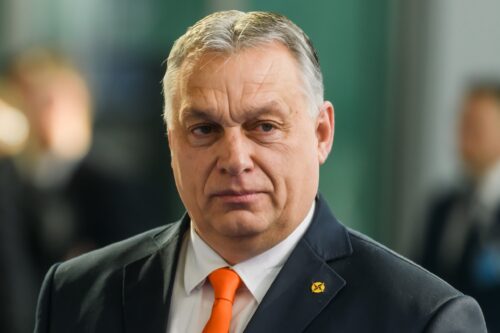
Controversial reality: The host isn’t bothering to do the basic functions of climate diplomacy, but is hosting COP
The spotlight is on Azerbaijan as the small petrostate in the South Caucasus hosts the U.N.’s biggest climate conference, the Associated Press (AP) writes.
Diplomats from across the world will descend on the capital Baku for the annual climate summit, known as COP29, to discuss how to avoid increasing threats from climate change in a place that was one of the birthplaces of the oil industry.
It was in Baku where the world’s first oil fields were developed in 1846 and where Azerbaijan led the world in oil production in 1899. Aliyev is Azerbaijan’s authoritarian leader. He is the son of the former president and has been in power for more than two decades, overseeing a crackdown on freedom of speech and civil society.
The Associated Press was not granted permission by Azerbaijan’s authorities to report in the country ahead of the conference.
Multiple organizations say Azerbaijan’s commitment to the green energy transition amounts to greenwashing–giving the impression that the country is doing more than it is to combat climate change.
Kate Watters, executive director at Crude Accountability, which monitors environmental issues in the Caspian Sea region, said environmental monitoring in Azerbaijan is dangerous, referencing a crackdown on civil society that has effectively snuffed out any real opposition and seen people detained.
There’s no effective mechanism in Azerbaijan for locals to ring alarm bells about exposure to pollutants from the oil and gas industry, Watters said. She referenced health issues such as rashes and sickness that residents may experience living near the Sangachal oil and gas terminal just outside Baku but indicated that their concerns are not heard.
Analysis from Global Witness, a nonprofit organization, found the volume of gas flared at oil and gas facilities in Azerbaijan increased by 10.5% since 2018.
“We’re heading into a COP where even the host isn’t bothering to do the basic functions of climate diplomacy,” Louis Wilson, head of fossil fuels investigations at Global Witness, told AP.
Baku is planning to hike its fossil fuel production over the next decade and its natural resources have transformed it into a geopolitical player.
Before Russia invaded Ukraine in 2022, Moscow supplied some of 40% of Europe’s natural gas through four pipelines but most of that was later cut off.
That meant opportunity for Azerbaijan, with the EU striking a deal later that year to double its imports of Azeri gas to 20 billion cubic meters a year by 2027.
Azerbaijan’s hosting of COP will turn the spotlight on the nation which makes most of its money from selling fossil fuels but it may also highlight Europe’s—and the world’s—continuing dependence on them.


